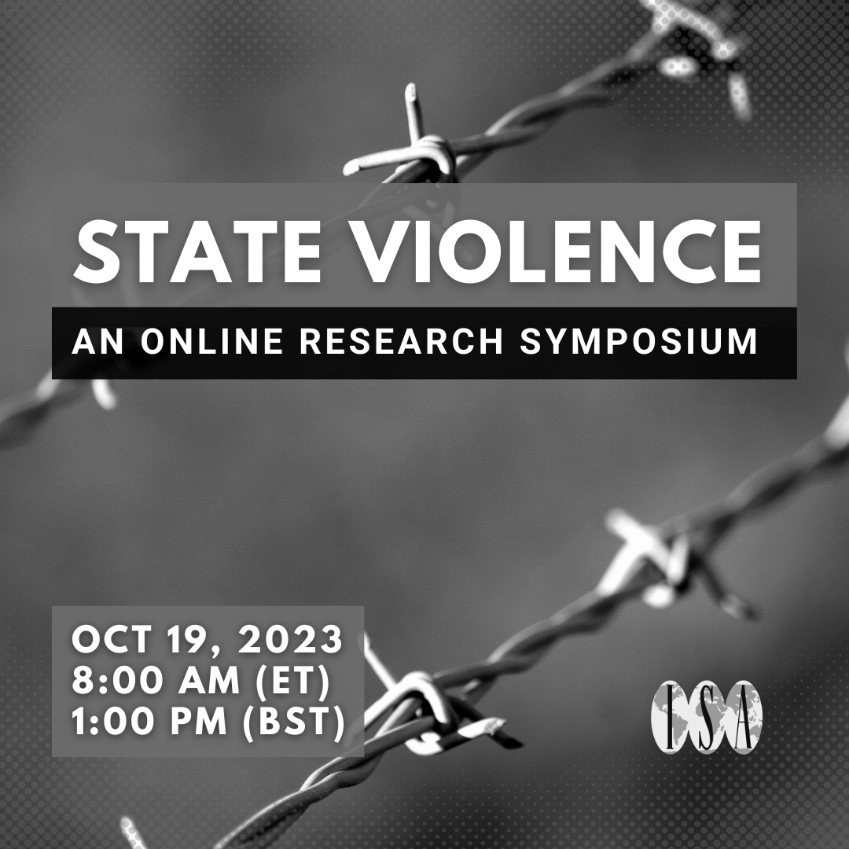This event is in the past.
We are pleased to announce the VISION and Violence & Society Centre (VASC) Webinar Series.
The purpose of the series is to provide a platform for academia, government and the voluntary and community sector that work to reduce and prevent violence to present their work / research to a wider audience. This is a multidisciplinary platform and we welcome speakers from across a variety of fields such as health, crime, policing, ethnicity, migration, sociology, social work, primary care, front line services, etc.
Our first webinar is Tuesday, 20 February 2024, 1300 – 1350. We welcome Dr Steven Maxwell, Research Associate in the School of Social & Environmental Sustainability and Associate in the School of Health and Wellbeing, at the University of Glasgow.
Steven will present his research on intimate partner violence within the LGBTQI+ communities. He is a former mental health nurse and completed his PhD in Global Public Health at University College London in 2021. Steven’s PhD explored HIV pre-exposure prophylaxis uptake/adherence among men who have sex with men who engaged in sexualised drug use. His current interest is researching health inequities/social justices across minority and deprived populations, particularly sexual & mental health, and related substance use.
To register for the event in order to receive the Teams invitation and / or if interested in presenting at a future Series, please contact: VISION_Management_Team@city.ac.uk
The VISION/VASC Webinar Series is sponsored by the UK Prevention and Research Partnership consortium, Violence, Health and Society (MR-V049879) and the Violence and Society Centre at City, University of London.







